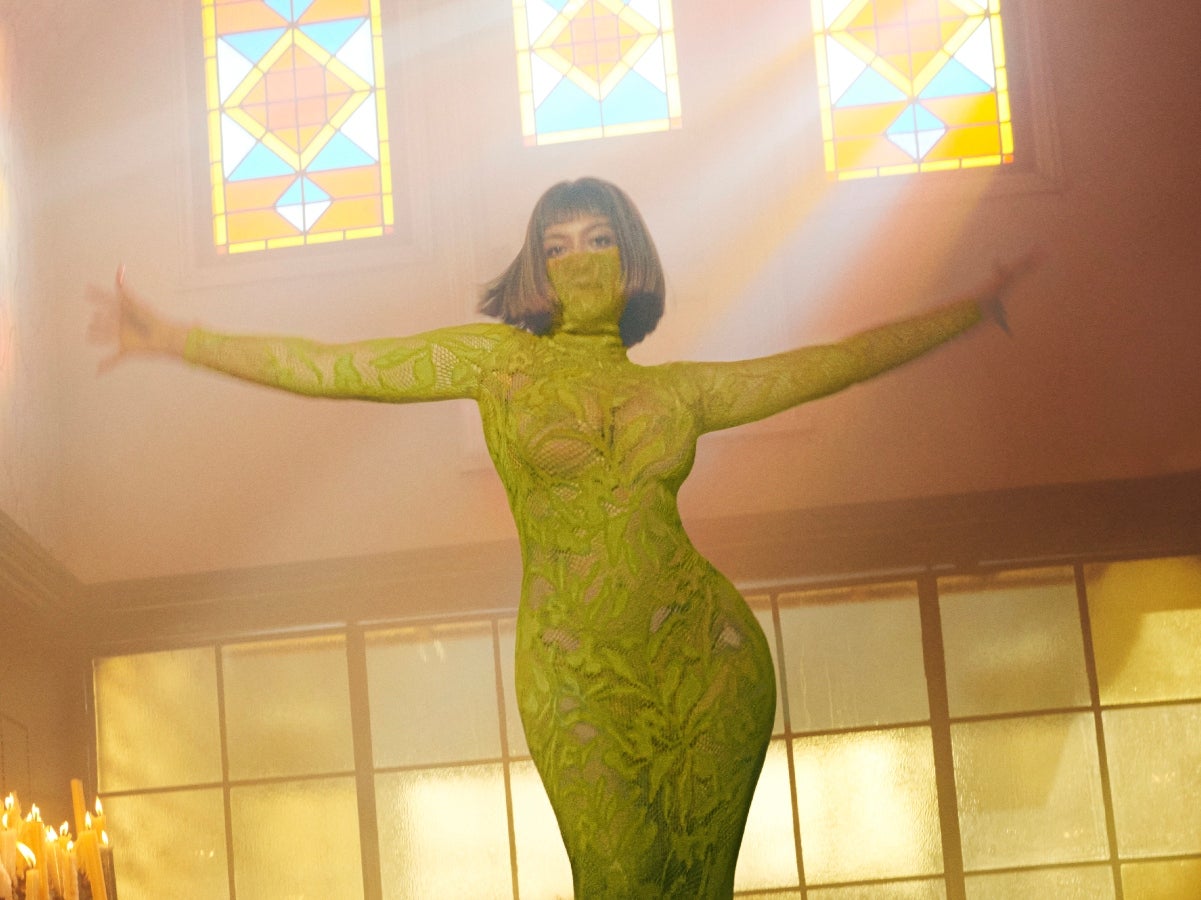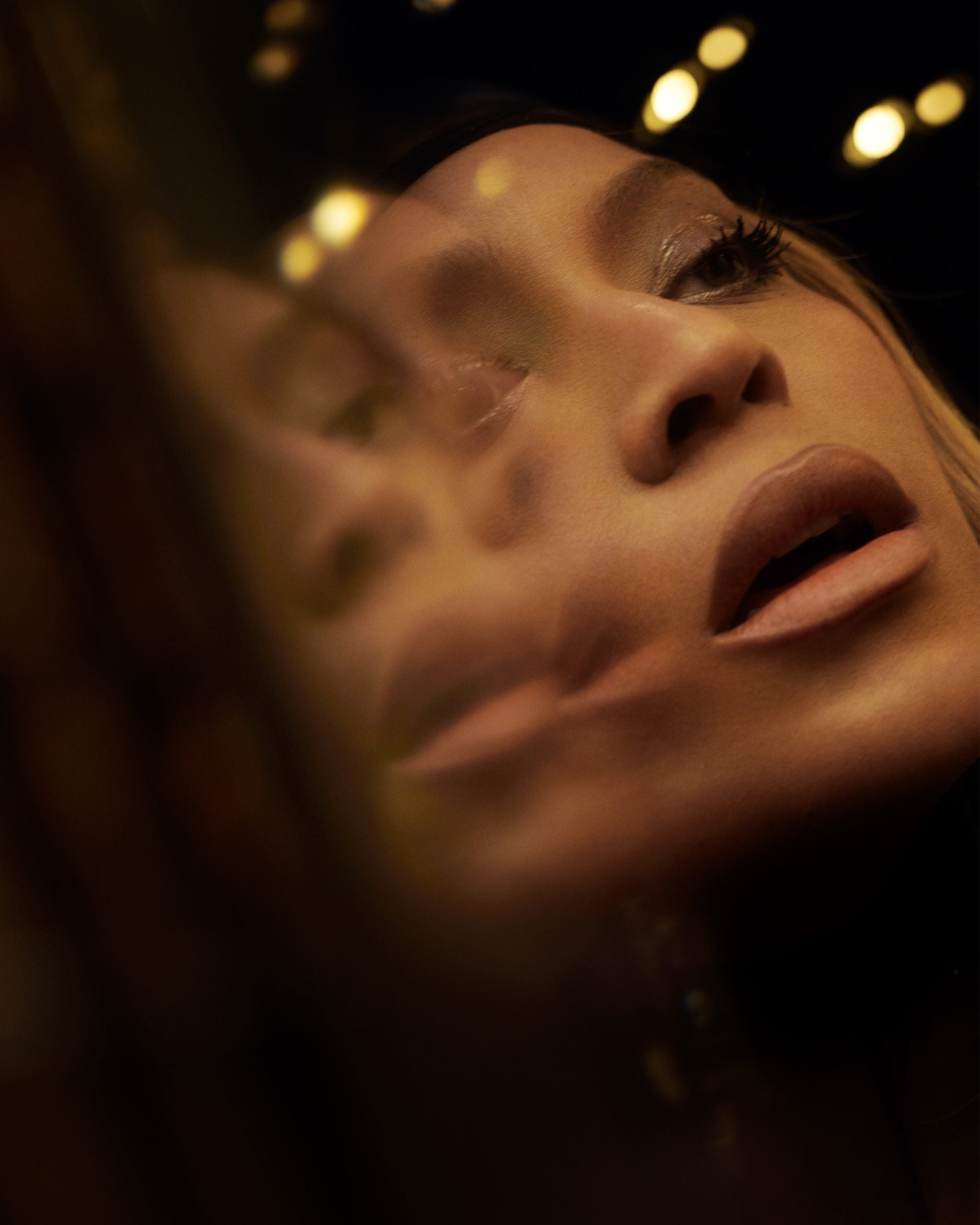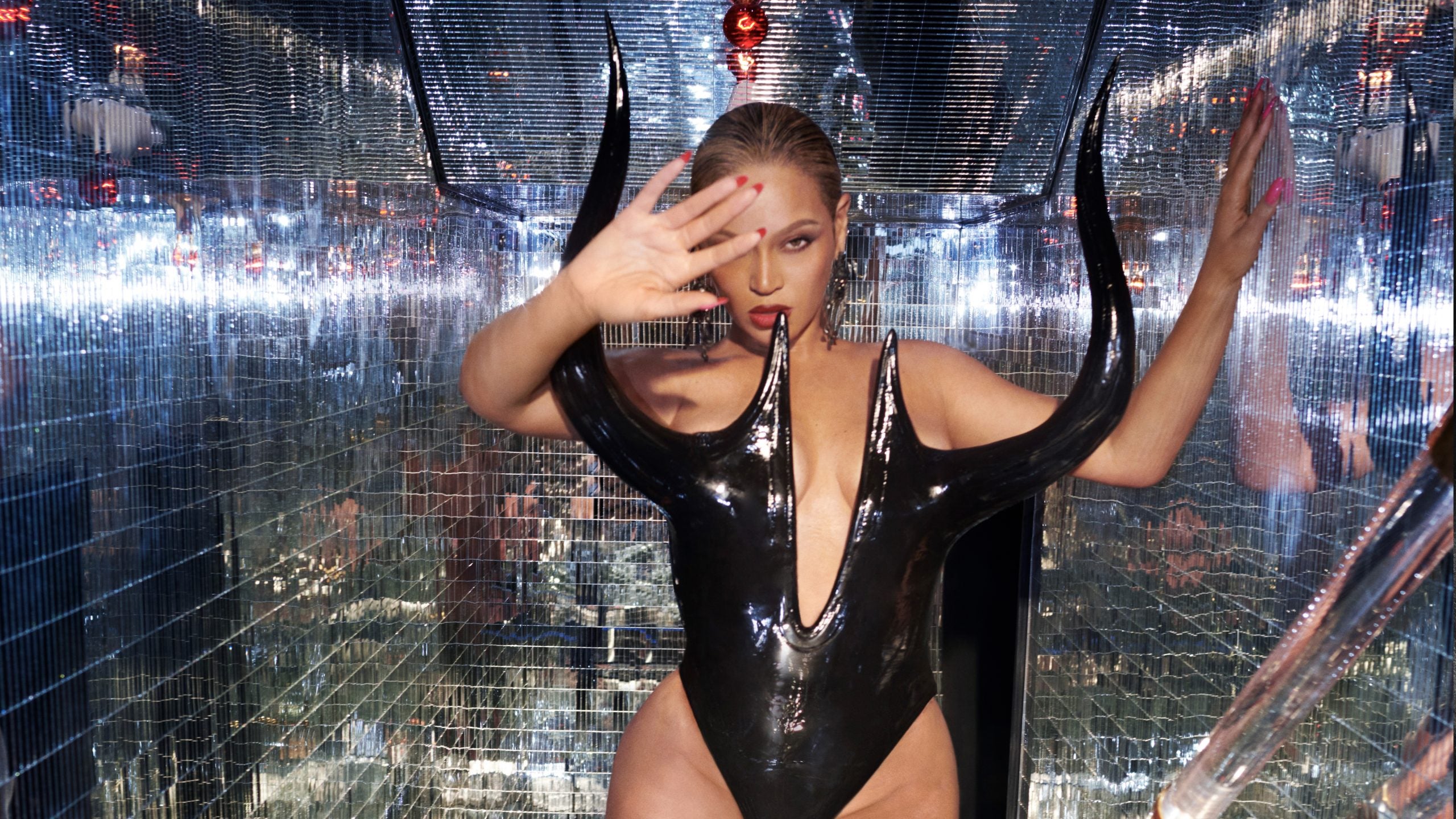
If the club is a place of worship, where Beyoncé is the preacher, and her music is the gospel, then Renaissance is her Resurrection Sunday sermon. Her seventh studio album is not only a place for Beyoncé to breathe new life into the musical stylings of Donna Summer and Diana Ross, but an altar call to those who have forgotten who made house and disco music: Black queer and trans people.
Lynnée Denise defines house music in Harper’s Bazaar as “joy, a rhythmic theory of escape, accentuated by what could be called fatal pleasure—the war on drugs and addiction, coupled with dangerous freedom marked by a lurking “big disease with a little name.”

The album is a memoriam to Uncle Jonny, the singer’s late uncle. Shortly before the album’s release, Beyoncé memorialized her uncle in a personal statement on her website: “A big thank you to my Uncle Jonny. He was my godfather and the first person to expose me to a lot of music and culture that serve as inspiration for this album.”
Later in the statement, the singer thanked “the pioneers who originate culture, to all of the fallen angels whose contributions have gone unrecognized for far too long. This is a celebration for you.”
Pioneers like Slyvester, the “Queen of Disco” who were ignored by Black press at the height of their fame. The “You Make Me Feel (Mighty Real)” and Uncle Jonny lost their lives to the HIV/AIDS epidemic. The epidemic, encapsulated on Pose, not only depicted the virus’s impact on the ballroom community in New York City, but the advocacy and fight of individuals within ballroom to continue their traditions in the midst of a virus outbreak with minimal support from the government. These are the fallen angels Beyoncé is paying divine reverence to.
However, her dedication is not filled with songs of lament, but liberatory psalms of joy, of happiness, of love. Liberation, not in the sense of liberation from the state or violence, but liberation of self. The explicit type of liberation only found when your body is overtaken on the dance floor or by the Holy Spirit in church.

For Beyoncé, this album is the liberation of self. Similar to Mr. Morale and The Big Steppers, Beyoncé rejects the notion of savior hood while also grappling with being the “world’s greatest living entertainer.”
The album playfully toys with the binary of dichotomies: the trope of being a ‘CHURCH GIRL”, a twerk anthem for the “thotties”, as Beyoncé describes, which samples The Clark Sisters “Center of Thy Will.” The power play between lovers on “CUFF IT” and “VIRGO’S GROOVE”, lustful post-club songs, where Beyoncé transitions between being a giver and receiver. Compared to Beyoncé and Lemonade – the prior two heavily centered on the singer’s feminism, intimate journey with her husband’s infidelity, and restoration of self after betrayal, Renaissance is all about joy.
It is the joy of seeing Black LGBTQ musicians – Big Freedia, TS Madison, Honey Dijon, Syd, MikeQ, Moi Renee and Kevin Aviance – being featured on the album. It is the joy of Robin S. who Beyoncé sampled on “BREAK MY SOUL”, being recognized for her contributions to dance music. It is the joy of Black music’s past, present and future woven together across 16 tracks to pay homage to Black queer and trans people.
For Black LGBTQ people, worship looks different. God can be found in the pews of the pulpit or at a ball. Spirit can pulsate through your body with vigor in the halls of a nightclub or when the organ opens up for the first note on Easter Sunday. The act of adorning oneself in the finest silks and perfumes is Sunday’s best and the winning outfit for a category. Most importantly, the ritual act of one’s body being taken over by something greater is synonymous with all African practices of praise. Beyoncé knows that for many the dance floor and the church are one in the same and on Renaissance she invites all of us to fellowship and welcome.




